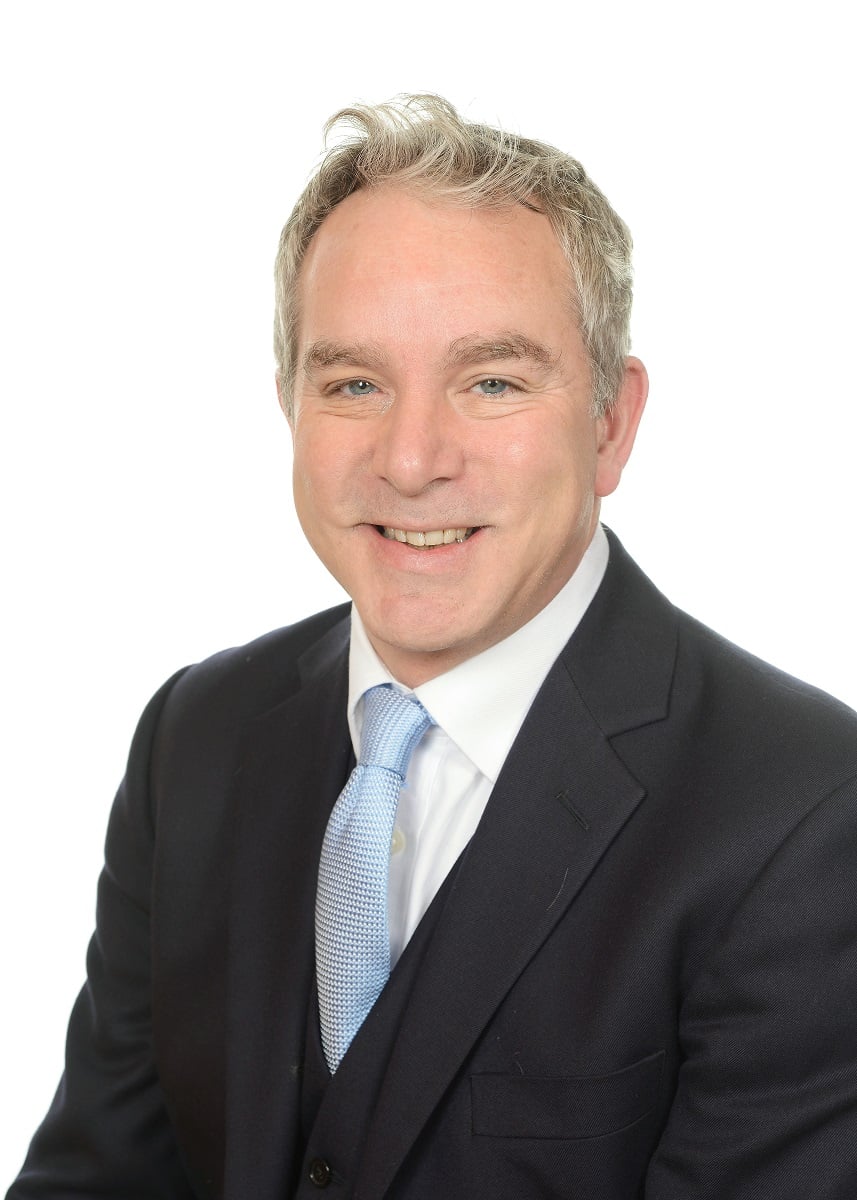Our People
Professor Stephen Baxter

Professor Stephen Baxter
- Barron Fellow and Tutor in Medieval History
- Clarendon Professor of Medieval History
- Vice-Master, Fellow Archivist
I read history as an undergraduate at Oxford and started the degree convinced that I wanted to do nothing else but modern history, but was eventually required to take a medieval history course and fell under the spell of some inspirational teaching. After graduating, I spent several years working for an investment bank in the City, where I gained some exposure to the relationship between wealth and power in the late twentieth century, before returning to Oxford to write a doctorate concerned with similar themes in the eleventh. I then spent ten happy years as a lecturer in medieval history at King’s College London, before being appointed at St Peter’s in 2014.
Teaching
At St Peter’s, I teach survey courses which cover the history of the British Isles from 300 to 1330, and European and World History from 1000 to 1300, as well as the historiographical and methodological source known as ‘Disciplines of History’. For the History Faculty, I give lectures on the medieval history of the British Isles, and offer teaching and lectures for the Norman Conquest special subject. I realize that reading medieval history may not be a life-changing experience for everyone, but remain hopeful that it may inspire many and feel confident that it will enrich the lives of all of those who do so!
Research
My research is principally concerned with politics, government and society in England and her neighbours between the tenth and twelfth centuries. My first book, The Earls of Mercia, explored how a powerful family based in the midlands negotiated the vicissitudes of English politics for nearly a century before succumbing to the Normans in the 1070s. I found this a fruitful way to approach several themes including political structures, land tenure, lordship, family and religious patronage in the early English kingdom.
I am now working on a similar study of a prominent Norman family (that of Earl William fitzOsbern), which came to prominence in Normandy in the late tenth century, played a leading role in the conquest of England, acquired a vast cross-channel lordship in the process, but eventually gambled and lost everything in rebellions and civil warfare in the early twelfth. The idea is to explore the effects of the Norman conquest on Normandy and the Normans.
Domesday Book and all the other material generated by the great survey of England commissioned by King William I in 1086 are important for my research, and I have been involved in a number of projects connected with them. For several years, I was one of the co-directors of the Prosopography of Anglo-Saxon England (PASE), which aims to identify all the people who lived in England before 1066. This led to the creation of a related resource, PASE Domesday, which aims to identify all of the landholders named in the Domesday corpus by mapping their estates, and provides detailed analysis of selected individuals. This resource forms part of a long-term study of landed society in eleventh-century England and the impact of conquest upon it. Some key findings from this research have been published in article on ‘Domesday Book and the Transformation of English Landed Society’, which I intend to develop at book length in due course.
I have also been closely involved with a large-scale collaborative project concerned with Exon Domesday, the earliest manuscript of the Domesday survey, which has led to the publication of a facsimile, edition and translation of the manuscript and text on a dedicated website, and to the formulation of new interpretation of the survey, which is sketched in an article on ‘How and Why Domesday Was Made’ and will be developed in a co-authored book, Making Domesday, forthcoming in 2021.
I value public engagement and have been fortunate to secure opportunities to write and present television documentaries for the BBC 2 (on Domesday Book) and BBC 4 (on Medieval Children), and to make contributions to radio programmes including BBC Radio 3 (The Essay) and Radio 4 (In Our Time).